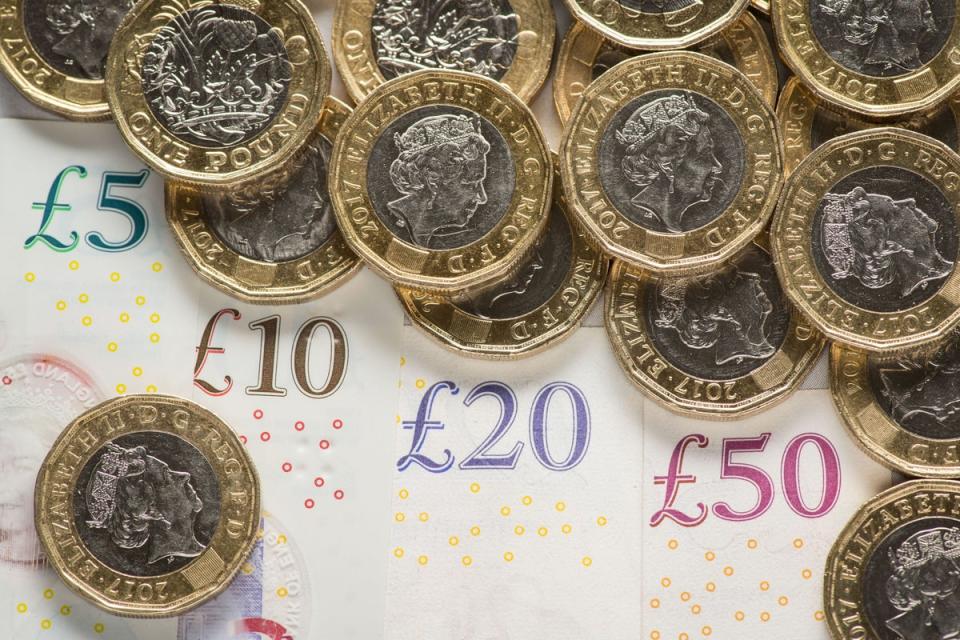Inflation pushes UK debt interest costs to August record

New chancellor Kwasi Kwarteng has been dealt a blow ahead of his mini-Budget because official figures revealed higher than expected government borrowing last month as its debt interest bill soared to an August record.
The Office for National Statistics (ONS) said soaring inflation saw the interest on government debt jump by 22 per cent year on year to £8.2bn last month – the highest August figure since monthly records began in April 1997.
Government borrowing, excluding state-owned banks, hit £11.8bn in August – £2.6bn below the same month last year, but far higher than the £6.5bn expected by most economists and nearly double the £6bn predicted by fiscal watchdog the Office for Budget Responsibility (OBR).
The figure also represented a £6.5bn surge from pre-pandemic levels in 2019, when it was £5.3bn.

The chancellor is preparing to unveil an emergency mini-Budget on Friday as the government under new prime minister Liz Truss looks to head off a recession caused by the cost of living crisis.
In response to the borrowing figures, Mr Kwarteng said: “Our priority is to grow the economy and improve living standards for everyone, with strong economic growth and sustainable public finances going hand in hand.
“As chancellor, I have pledged to get debt down in the medium term.
“However, in the face of a major economic shock, it is absolutely right that the government takes action now to help families and businesses, just as we did during the pandemic.”
The government has already said it will fund its energy bill freeze by piling on more government debt, while it is also feared the hefty tax cuts expected on Friday will leave the public finances in a desperate state.
The ONS said government spending in August remained largely unchanged compared with a year earlier, at £73.2bn, although it was higher than forecast.
Debt interest payments linked to Retail Prices Index (RPI) inflation were also far higher than predicted and now stand at £49bn in the financial year to date – 65 per cent up year on year.
Public sector net debt, excluding state-owned banks, was £2.4 trillion at the end of August, or around 96.6 per cent of gross domestic product (GDP) – an increase of £195.2bn year on year.
But in a glimmer of good news on borrowing, the figures showed the economic slowdown across the UK did not affect central government receipts, which were up by £5.6bn year on year to £69.6bn in August thanks to a £3.9bn rise in tax receipts to £51.4bn.
Revisions to data also left year-to-date government borrowing in line with the OBR forecast, at £58.2bn – £21.4bn less than in the same period last year.

 Yahoo Finance
Yahoo Finance 